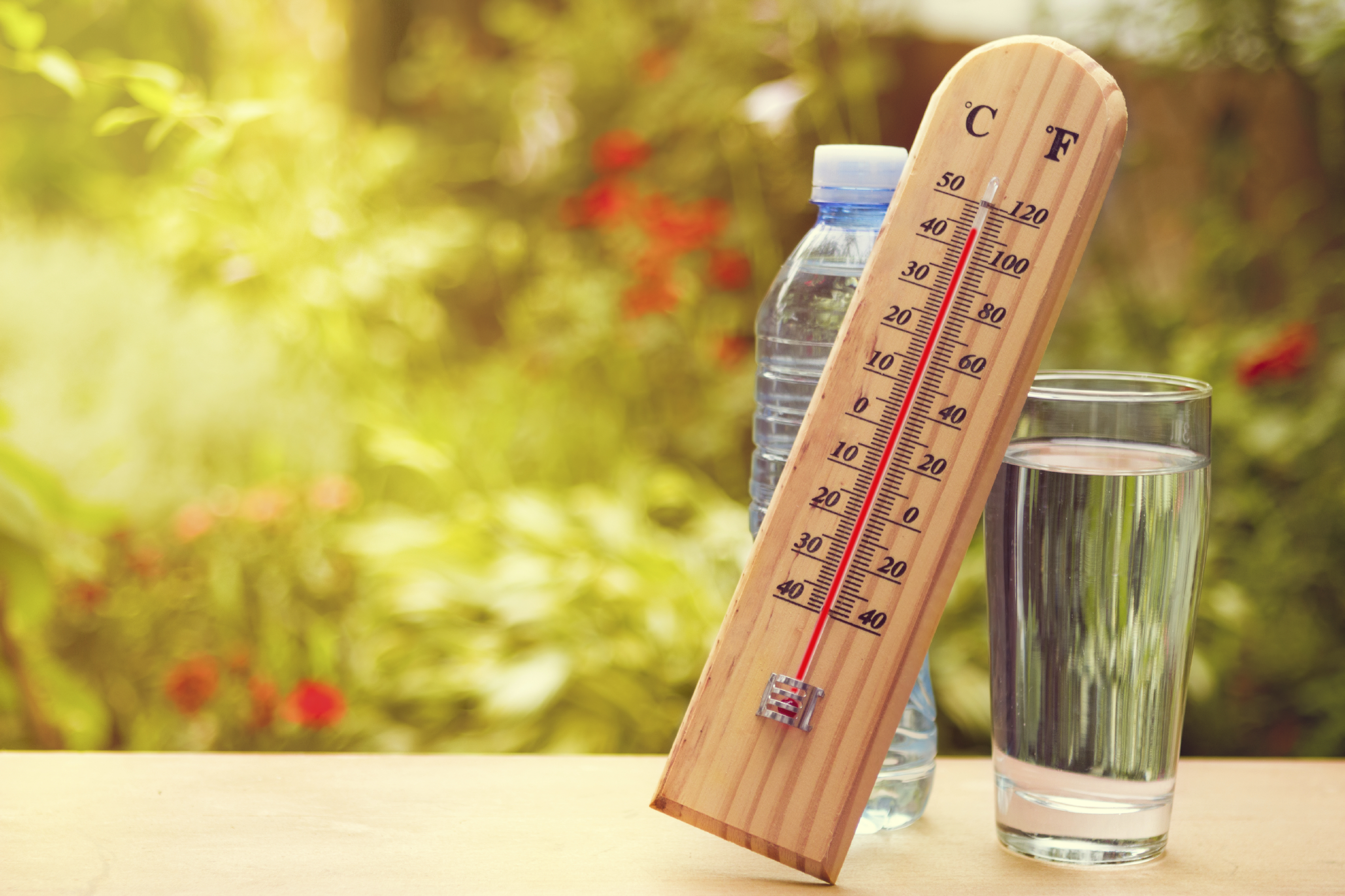August 5 2016. Written by Stephanie Parsons-Freeburger, Maryland Responds State Administrator.
As extreme heat conditions continue around the country, we remind you to take precautions to avoid heat-related illnesses. Extreme-heat events occur when temperatures are substantially higher than average for a particular location at a given time of year. The impacts of extreme heat can cause widespread suffering and fatalities: there were more than 7,400 heat-related deaths in the United States between 1999 and 2010. In 2015, there were 6 confirmed heat-related deaths from May through September in Maryland, down from 46 confirmed heat-related deaths during the same period in 2012. Five heat-related deaths have been confirmed to date for 2016 (monitoring began in June).
Fortunately, the majority of heat-related deaths and illnesses are preventable. If we take actions to prepare for and respond to extreme-heat events, we can dramatically reduce the risks associated with extreme heat—especially for the most vulnerable populations, including the elderly and very young, people with certain health conditions, people like farmers or construction workers who work outside, and people in low-income households.
 From June through the beginning of September, the Department of Health and Mental Hygiene (DHMH) monitors temperature conditions and advisories issued by the National Weather Service and alerts residents of extreme heat events. Since June 5, 2016, reports have been issued weekly to provide guidance and information about deaths and illness caused by extreme heat in the region. During extended extreme heat events, reports will be issued daily. To see the reports, visit http://goo.gl/kvm4MR. The site also includes the State Heat Plan and facts about heat-related illnesses.
From June through the beginning of September, the Department of Health and Mental Hygiene (DHMH) monitors temperature conditions and advisories issued by the National Weather Service and alerts residents of extreme heat events. Since June 5, 2016, reports have been issued weekly to provide guidance and information about deaths and illness caused by extreme heat in the region. During extended extreme heat events, reports will be issued daily. To see the reports, visit http://goo.gl/kvm4MR. The site also includes the State Heat Plan and facts about heat-related illnesses.
Marylanders in need of a cooling center should contact their local health department or visit the DHMH Heat Emergency website at: http://goo.gl/SfSCtM. Maryland residents in need of energy assistance to keep cool this summer should call 2-1-1 Maryland to see if there are resources available to help.
Additional Extreme Heat Resources:
Maryland Emergency Management Agency: http://mema.maryland.gov/Pages/resources-HeatandDrought.aspx
Centers for Disease Control and Prevention: www.cdc.gov/extremeheat/
Spanish Language Resources: www.cdc.gov/extremeheat/espanol/index_esp.html
National Weather Service Heat Alerts: http://www.nws.noaa.gov/os/heat/ww.shtml
Low Income Energy Assistance Program: http://www.acf.hhs.gov/programs/ocs/programs/liheap

